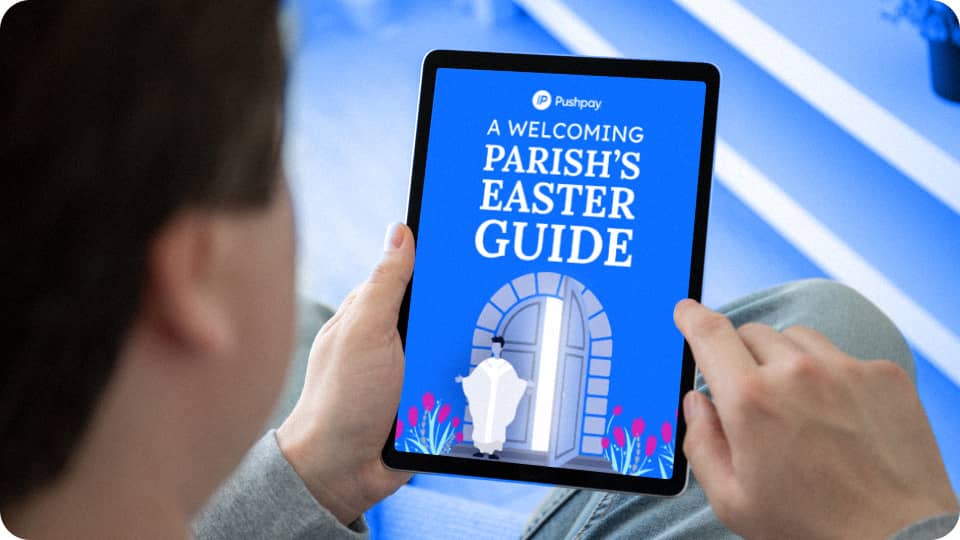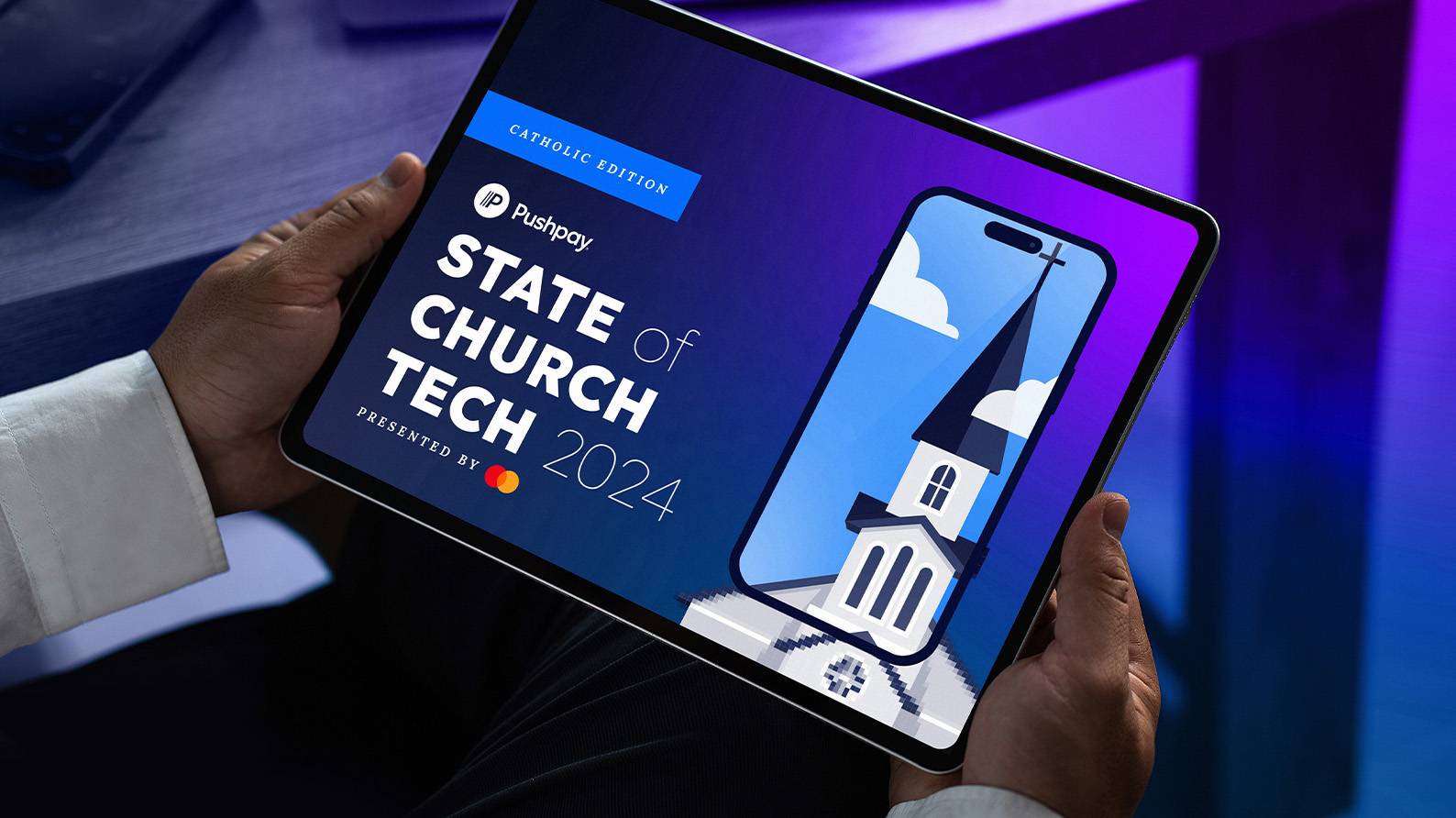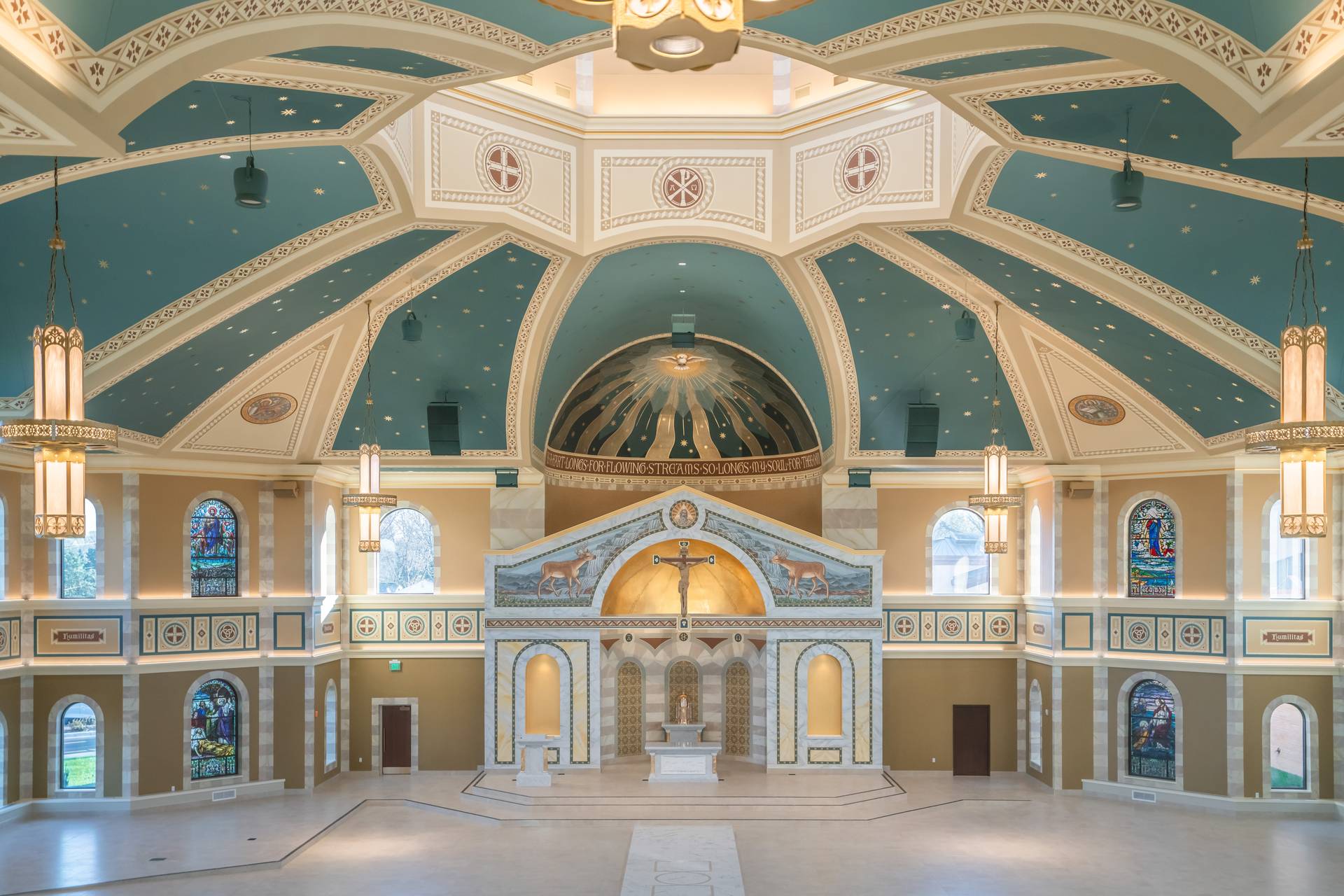[Editor’s note: This article is sponsored by Ave Maria Press, which released Christ in the Storm: An Extraordinary Blessing for a Suffering World Oct. 2. The book is devoted to the extraordinary Urbi et Orbi blessing offered by Pope Francis on March 27, 2020, during the peak of Italy’s coronavirus crisis. This text is drawn from the book’s foreword, written by Crux editor John L. Allen Jr.]
Perhaps it’s too early to predict which image from the coronavirus pandemic will prove most iconic around the world, enduring in public consciousness well after the last test has come back negative.
Maybe it’ll be the 3-D model of the virus itself, developed by two medical illustrators at the Centers for Disease Control to look both accurate and menacing. Perhaps it’ll be the facemask or, grimmer still, the body bag. It’s also possible it’ll end up being shuttered businesses and twenty-first century bread lines, especially if the next act in the drama is a lasting global recession.
The heart of Francis’s argument was that the disciples too felt fear, and the antidote lies in Christ and the promise of the resurrection as Easter approaches.
In Italy, however, and above all in the city of Rome, no such speculation is necessary. It’s already crystal-clear which image Romans will take with them to their graves from this calamity, and it carries a precise date, time, and location: March 27, 6:00 p.m. Rome time, in St. Peter’s Square.
It was then that Pope Francis delivered perhaps the most extraordinary blessing in the long history of the papacy, offering a surprise benediction Urbi et Orbi—“To the City and the World”—in the midst of the agony of the pandemic.
Fifty years from now, if you were to ask a Roman to close his or her eyes and give you the first thing that comes to mind when you say the word “coronavirus,” it would almost certainly be a memory of Pope Francis standing alone in that usually over- flowing square, flanked by the images of Maria Salus Populi Romani and the miraculous crucifix of San Marcello, his voice carrying out through the rain to an eerily silent city, punctuated only by the harrowing sound of ambulance sirens passing by.

The Vatican has always had a keen sense of drama, but never were those instincts more finely tuned than on that remarkable Friday night. Aldo Grasso, Italy’s best-known media historian and theorist, described the moment.
“One day we’ll remember these sad times we’re living with many other images: the daily count of the dead, the lines at the hospitals, the frantic chal-lenge to an invisible enemy,” Grasso wrote. “But the prayer for the end of the pandemic, the solemn Urbi et Orbi blessing, the solitude of the pope, will end up as one of those decisive moments in which television captures our history, our anguish, in real time.”
“The wind that blew the pages of the Gospels during the funeral of John Paul II, or the helicopter ride of Pope Benedict when he resigned, both moved us, but they’re nothing in comparison to the shock of seeing the empty square surrounded by the colonnade of Bernini,” Grasso continued.
The pope’s language that night seemed to give voice to the national mood. Translation doesn’t quite do it justice, straining to capture the poetry of the Italian original, but probably the most oft- cited phrasing came near the beginning.
“Thick darkness has gathered over our squares, our streets and our cities; it has taken over our lives, filling everything with a deafening silence and a distressing void, which stops everything as it passes by,” the pope said. “We feel it in the air, we notice in people’s gestures, their glances give them away. We find ourselves afraid and lost.”
Francis, that night, became the whole world’s pastor, beginning with his own flock as the Bishop of Rome and radiating out to the entire “orbi.”
The heart of Francis’s argument was that the disciples too felt fear, and the antidote lies in Christ and the promise of the resurrection as Easter approaches. It was a message of hope, directed especially at Italians, who were reeling because the country had set a new record for deaths in the previous 24 hours, losing an astonishing 969 people in one day.
“We’ve become aware that we’re all in the same boat,” the pope said, “all fragile and disoriented, but at the same time important and necessary, all called to remain together, all needing to comfort each other in turn.”
One measure of the impact of the moment is this: Of the roughly 27 million Italians (out of a total national population of 70 million) who were watching television that evening, according to the national ratings service Auditel, a stunning 17.4 million, or 64.6 percent, were tuned into the pope’s address. That makes the Urbi et Orbi the highest-rated broadcast in the history of Italian television, beating out even the mammoth numbers for the acclaimed annual pop music festival at San Remo. Since the square was closed even to journalists, my wife and I were members of that vast TV audience. I confess I came to the broadcast with a cluttered mind and mostly out of a sense of duty, since the main Catholic storyline at the time seemed to be an internal debate over whether the Church should assent to the suspension of sacramental life being decreed by a growing number of governments around the world. It was an acrimonious back-and-forth which, in some ways, reflected the deeper tensions unleashed by the Francis papacy between progressive reformers and defenders of tradition.
Yet that night, Francis reminded me of the transcendent capacities of the papacy.
For a moment, he lifted me and everyone else out of the political arena, out of the climate of fear and frustration imposed by the pandemic, and he reminded us all of the inexhaustible power of a hope rooted in faith. Even Italian friends who are anti-clerical to the core told me they wept at what they saw and heard, sensing that someone, at long last, had approached this calamity in the proper key—not principally as an administrative or technical challenge but as a shock to the soul.
Francis, that night, became the whole world’s pastor, beginning with his own flock as the Bishop of Rome and radiating out to the entire “orbi.”
That evening of March 27 was haunting, evocative, unforgettable, and, in all the ways that really matter, Catholicism at its best. These pages are a precious contribution to enshrining that moment in the collective memory, where it deserves a pride of place, perhaps especially for those who didn’t have the good fortune to be in Rome, as we did, to watch history unfold before our eyes.
Follow John Allen on Twitter at @JohnLAllenJr.
















